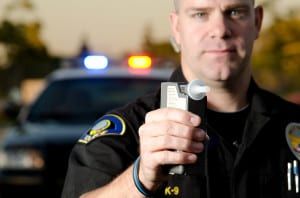 The Michigan Legislature is considering two bills that would combat drugged driving in Michigan by bringing the state’s current drugged driving laws in line with its drunk driving laws. Rep. Dan Lauwers, sponsor of the bills, said in a statement that drugged driving is just as dangerous as drunk driving, but the state’s current laws allow repeat and habitual drugged drivers to remain on the road.
The Michigan Legislature is considering two bills that would combat drugged driving in Michigan by bringing the state’s current drugged driving laws in line with its drunk driving laws. Rep. Dan Lauwers, sponsor of the bills, said in a statement that drugged driving is just as dangerous as drunk driving, but the state’s current laws allow repeat and habitual drugged drivers to remain on the road.
Lauwers also notes that police officers don’t have a lot of tools available for identifying drugged drivers. Typically, police officers in Michigan will conduct a visual exam and verbal and physical tests. However, the physical effects of some drugs are not always as prominent as the effects of, say, alcohol. The best way to determine whether a driver is drugged is through a blood test, but understaffed labs means an 18-month long waiting period. During that time, drugged drivers are free to get behind the wheel.
For example, Lisa Bergman, the drugged driver who caused a crash that killed two people in 2013 and inspired the bills, not only tested positive for drugs but had been pulled over six times since 2008 for drugged driving and had two pending cases at the time of the crash.
The proposed bills would keep drugged drivers off the road in two ways. Drivers who fail or refuse a breathalyzer or chemical test for drugged driving would lose their driver’s license and receive a temporary permit pending conviction. Similar to drunk driving laws, the bill also places a conditional bond on drivers arrested for drugged driving and requires that their names to be entered into the Law Enforcement Information Network (LEIN) database, accessible to all law enforcement officials. This would allow police officers to quickly determine if a suspected drugged driver is a repeat offender or has a pending case for another drugged driving offense.
The bills would also make it easier for police officers to identify drugged drivers by allowing them to conduct roadside sobriety and breathalyzer tests if they suspect a driver is impaired by drugs. The bill originally allowed police officers to conduct roadside saliva tests but was removed because it’s not an accurate way to test for marijuana and could lead to the arrest of medical-marijuana patients.
The bill was passed by the House last week and now goes to the Senate.
